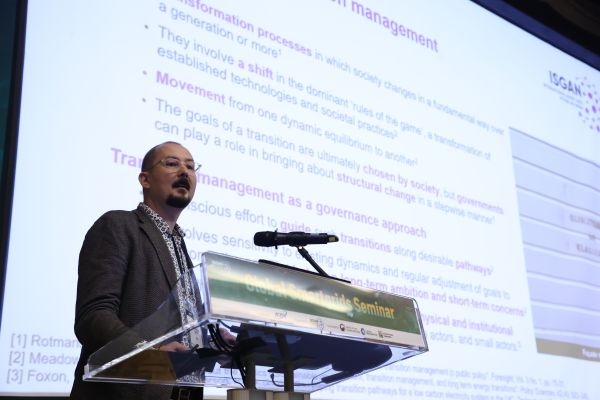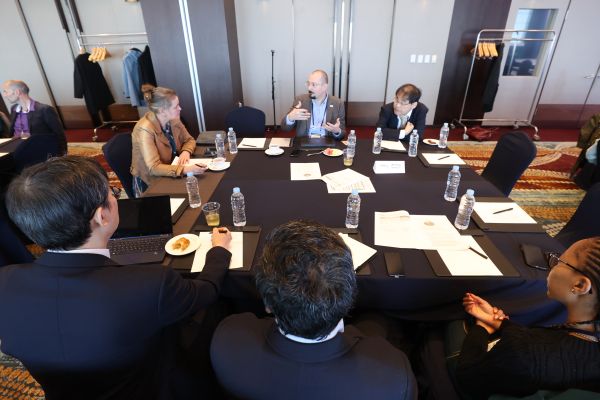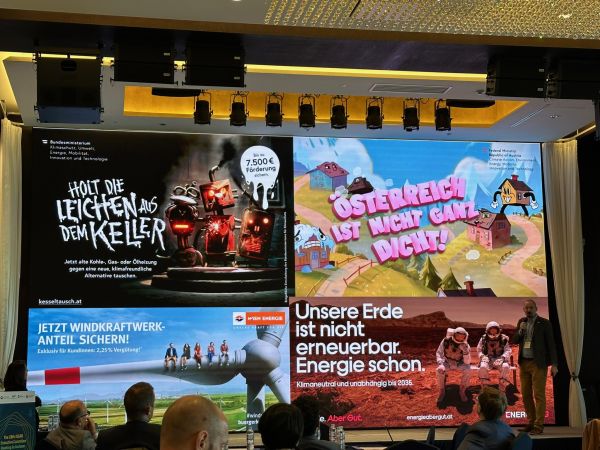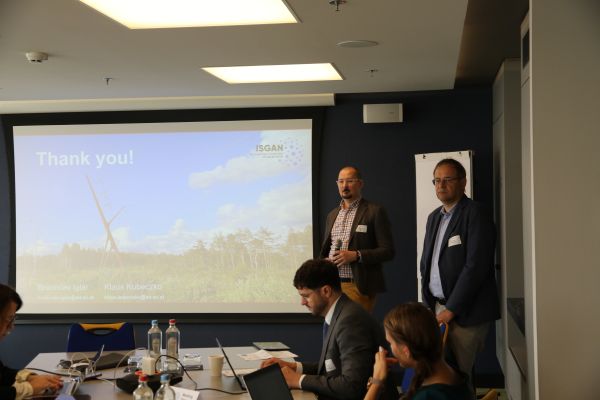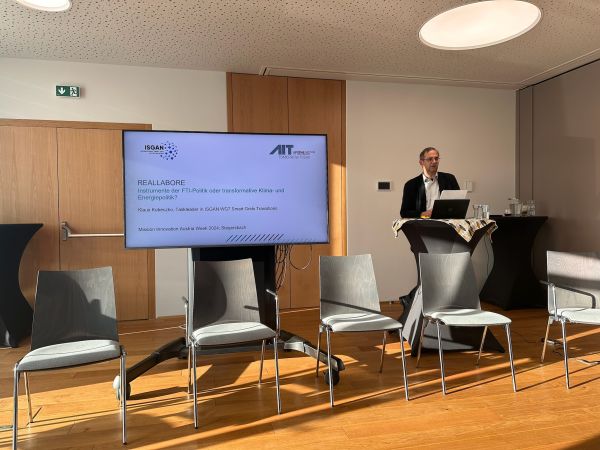IEA ISGAN Working Group 7: Smart grids transitions of the institutional change (Working period 2023-2026)
Short Description
Working Group 7 aims at supporting policymakers and stakeholder in the field of electricity grids related to issues of the transition from the established institutional structures and governance processes towards a smart grid in the context of the energy system transition. Working Group 7 complements other ISGAN Working Groups, regarding non-technological aspects and framework conditions conducive to smart grid deployment. Its focus is on institutional change, including governance of the electricity system, policies and stakeholder processes, regulatory aspects and the change in organizational and social practices of actors. The topics are dealt with from the perspective of social sciences and humanities (SSH) disciplines. In transdisciplinary research, the expertise of SSH and engineering sciences are linked together. Working Group 7 provides analysis and policy consulting services on the framework conditions of the system transition from fossil-based to a sustainable decarbonised energy regime.
The working group includes three tasks with the following expected results:
Task 1 - Transition processes: policy instruments and governance processes including regulatory experimentation as a policy instrument for regulatory learning
Improved understanding of transition processes that accelerate smart grid implementation
- Accelerating transitions through policy instruments and governance processes
- Evaluation/assessment concept for regulatory experimenting programs
Task 2 - Future models and translation function between domains: Improving interdisciplinary communication on smart grid transitions between policy fields, expertise domains, R&D disciplines and economic sectors.
- Comparative overview of future organisational models and processes for the interfaces between domains:
Creation of an online wiki infrastructure for an ISGAN Smart Grid Transitions Glossary - Technology Readiness Dilemma in the Development of Decentralized Energy Systems – Development of guidelines for the evaluation of policy instruments and measures, such as within the framework of Mission Innovation, which open up alternatives to the focus on technology readiness levels
- Energy and public services –– Contribution to understanding the fundamental principles of future energy systems and different approaches to energy as a service in times of multiple crises (e.g. climate change).
Task 3 - Structures of institutional change: regulation, tariffing and incentives in smart grids
Comparative overview of regulatory aspects of smart grid development
- Incentive systems – comparative analysis of different tariff and price structures and their effects
- Impact of new tariff structures on cost structures and the distribution network operator's incentive system
Austria is involved in Task 1 and coordinates its activities with national innovation policy processes, in particular with the Energie.Frei.Raum program. Of particular interest here are Austrian experiences with the design of regulatory exceptions and the comparison with the approaches of other countries. Task 2 is led by Austria. As part of the task, a Smart Transitions Wiki is being developed, which will be used in the future as a knowledge platform for ISGAN results.
Furthermore, alternatives to the Technology Readiness Level approach in RTI policy programs that deal with systemic innovations in the energy industry are being investigated, also in the Austrian context. Austria is also leading the latest third task of Working Group 7, which will deal with economic regulation of the electricity distribution network infrastructure and thus forms a framework for the two further tasks.
Project Images
Terms of use: The pictures listed underneath the header “Project Pictures” originate from the projects in the frame of the programmes City of Tomorrow, Building of Tomorrow and the IEA Research Cooperation. They may be used credited for non-commercial purposes under the Creative Commons License Attribution-NonCommercial (CC BY-NC).
Participants
Austria (lead), Denmark, France, Germany, India, The Netherlands, Sweden, United Kingdom
Contact Address
Branislav Iglár
AIT Austrian Institute of Technology GmbH
Center for Energy
Giefinggasse 6, 1210 Vienna, Austria
E-Mail: branislav.iglar@ait.ac.at

